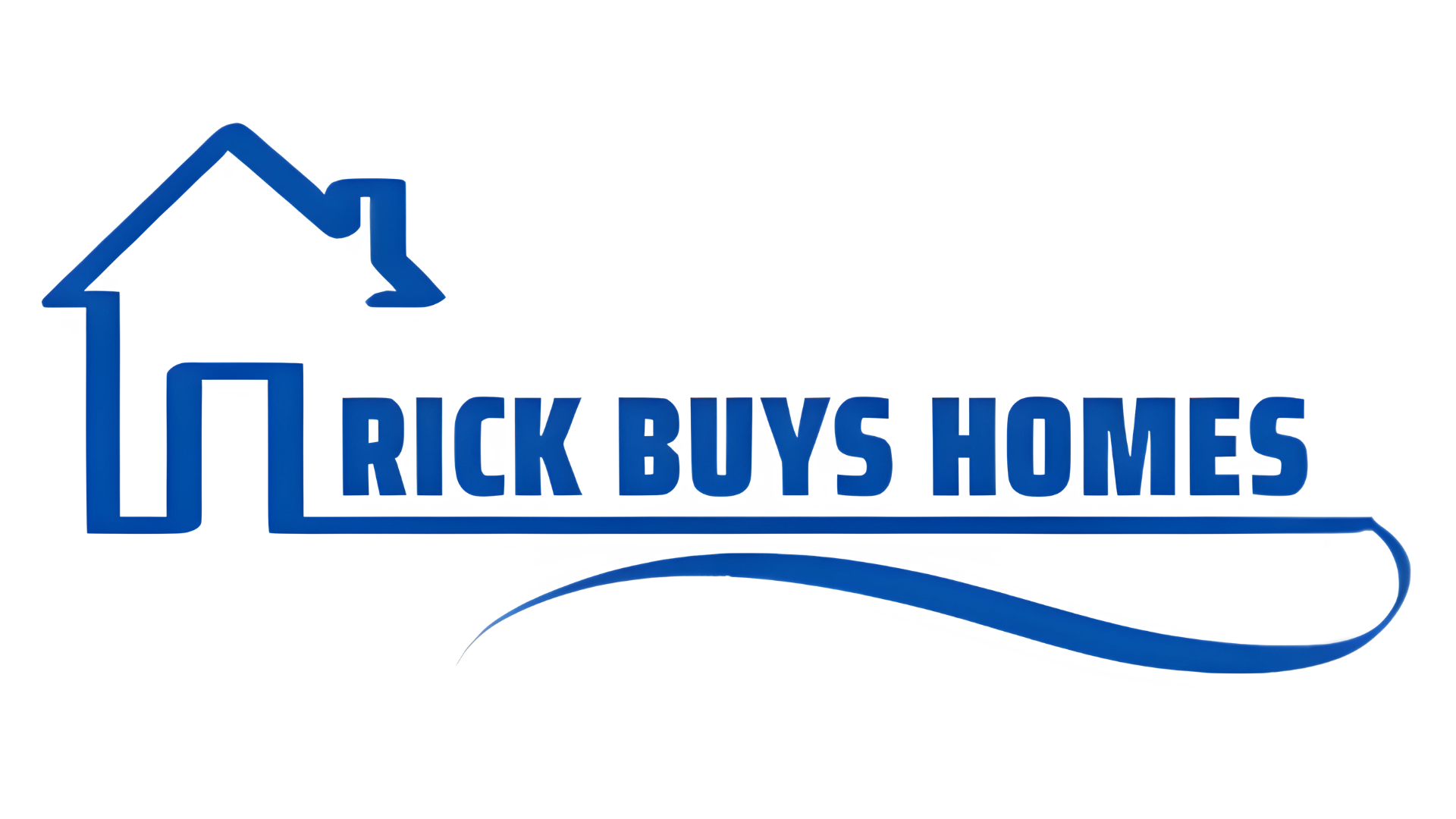
Building wealth through real estate is a time-tested strategy that can provide substantial returns over time. For those in their 20s and 30s, leveraging the advantages of real estate investments can be particularly beneficial. This period in life often comes with fewer financial commitments and the flexibility to take calculated risks. This article will explore the key strategies and considerations for young adults aiming to build wealth through real estate.
Understanding the Basics of Real Estate Investment
Real estate investment involves purchasing properties to generate income, either through rental income or resale at a higher value. The main types of real estate investments include:
1. Residential Properties: Single-family homes, multi-family homes, condos, and apartments.
2. Commercial Properties: Office buildings, retail spaces, and warehouses.
3. Industrial Properties: Factories, research facilities, and storage units.
4. Land: Undeveloped land that can be developed or held for future appreciation.
Why Real Estate?
Real estate is an attractive investment for several reasons:
– Appreciation: Property values tend to increase over time.
– Cash Flow: Rental properties provide a steady income stream.
– Tax Benefits: Various deductions, including mortgage interest, property taxes, and depreciation.
– Leverage: Ability to purchase property using borrowed funds.
– Diversification: Reduces risk by spreading investments across different asset classes.
Getting Started in Real Estate Investing
1. Educate Yourself
Understanding the market and investment strategies is crucial. Read books, attend seminars, and follow real estate blogs and podcasts. Networking with experienced investors can also provide valuable insights.
2. Assess Your Financial Situation
Before investing, evaluate your financial health. This includes:
– Credit Score: A higher credit score can secure better mortgage rates.
– Savings: Having a substantial savings account for down payments and emergencies.
– Debt-to-Income Ratio: Keeping this ratio low increases loan approval chances.
3. Set Clear Goals
Define what you want to achieve with your investments. Are you looking for immediate cash flow, long-term appreciation, or a mix of both? Your goals will guide your investment strategy.
4. Choose the Right Investment Strategy
Several strategies can be effective, depending on your goals and risk tolerance:
– Buy and Hold: Purchase properties to rent out and hold for long-term appreciation.
– Fix and Flip: Buy properties at a discount, renovate them, and sell for a profit.
– House Hacking: Live in one unit of a multi-family property while renting out the others to cover the mortgage.
– Real Estate Investment Trusts (REITs): Invest in real estate without owning physical property through REITs.
Finding and Financing Properties
1. Research Markets
Look for markets with strong job growth, population growth, and low crime rates. Pittsburgh, PA, for example, is known for its affordable housing market and steady economic growth. Keywords like “we buy houses in Pittsburgh” or “sell house fast in Pittsburgh” reflect a dynamic market with active buyers and sellers.
2. Analyze Properties
Evaluate properties based on location, condition, price, and potential for cash flow and appreciation. Tools like the 1% rule (monthly rent should be at least 1% of the purchase price) can help assess rental properties.
3. Secure Financing
Explore various financing options:
– Conventional Loans: Require good credit and a down payment.
– FHA Loans: Lower down payments, but require mortgage insurance.
– VA Loans: For veterans, offering favorable terms without a down payment.
– Private Lenders: More flexible but often at higher interest rates.
– Hard Money Loans: Short-term loans for quick property flips, with higher interest rates.
Managing Your Investment
1. Property Management
Decide whether to manage properties yourself or hire a property management company. Self-management can save money but requires time and effort. Professional managers can handle tenant screening, rent collection, and maintenance.
2. Maintenance and Repairs
Regular maintenance preserves property value and tenant satisfaction. Plan for unexpected repairs and budget accordingly.
3. Tenant Relations
Maintaining good relationships with tenants ensures long-term occupancy and timely rent payments. Clear communication and prompt responses to issues are key.
Scaling Your Portfolio
1. Reinvest Profits
Use profits from your investments to purchase additional properties. This compounding effect can accelerate wealth building.
2. Leverage Equity
As property values increase, leverage equity to finance new investments. Home equity loans or lines of credit can provide the necessary funds.
3. Diversify
Invest in different types of properties and locations to spread risk. This can include commercial properties or out-of-state investments.
Mitigating Risks
1. Market Research
Stay informed about market trends and economic conditions. This helps anticipate changes that could impact property values and rental demand.
2. Emergency Fund
Maintain an emergency fund to cover unexpected expenses, such as major repairs or periods of vacancy.
3. Insurance
Ensure adequate insurance coverage for property damage, liability, and loss of rental income.
4. Exit Strategy
Have a clear exit strategy for each investment. This could involve selling properties, refinancing, or transitioning to a different investment approach.
Case Studies
1. House Hacking in Pittsburgh
Sarah, a 28-year-old engineer, purchased a duplex in Pittsburgh using an FHA loan. She lived in one unit and rented out the other, covering most of her mortgage. Over five years, the property’s value appreciated, and she used the equity to buy another rental property.
2. Fix and Flip in Canonsburg
John, a 32-year-old contractor, bought a distressed property in Canonsburg. After renovating it, he sold it for a substantial profit. This success enabled him to purchase and flip more properties, growing his wealth rapidly.
3. Buy and Hold in Washington, PA
Emily, a 30-year-old teacher, invested in a single-family rental property in Washington, PA. The rental income provided a steady cash flow, and the property’s value increased over time. She plans to use the equity to buy additional rental properties.
Conclusion
Building wealth through real estate in your 20s and 30s is achievable with the right knowledge, strategies, and discipline. By educating yourself, setting clear goals, and making informed decisions, you can create a robust real estate portfolio that generates significant returns over time. Whether you choose to buy and hold, fix and flip, or explore other investment strategies, real estate offers numerous opportunities to build and sustain wealth. Start early, stay informed, and be proactive in managing your investments to reap the rewards of real estate investing.

About Rick Hodge
Transitioning from the coal industry and weld inspection to the realm of real estate, Rick has established ‘Rick Buys Homes’ with a mission to render homeownership attainable through rent-to-own arrangements. His dedication lies in assisting families in realizing the American Dream. Feel free to connect with him here.

